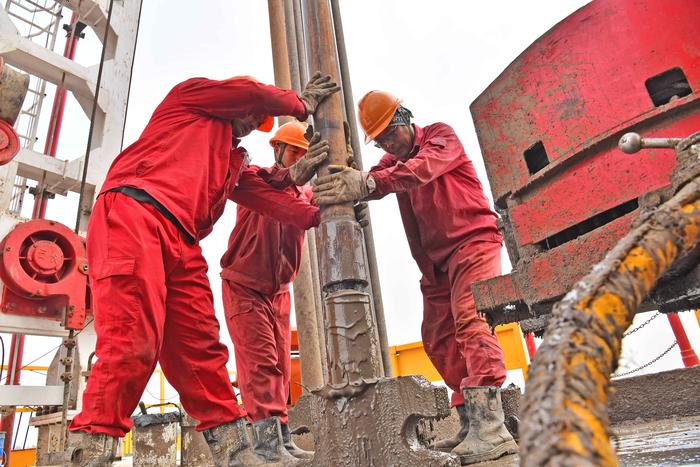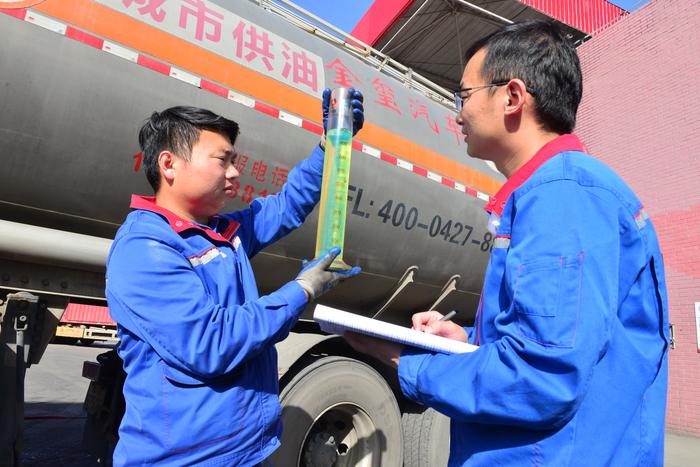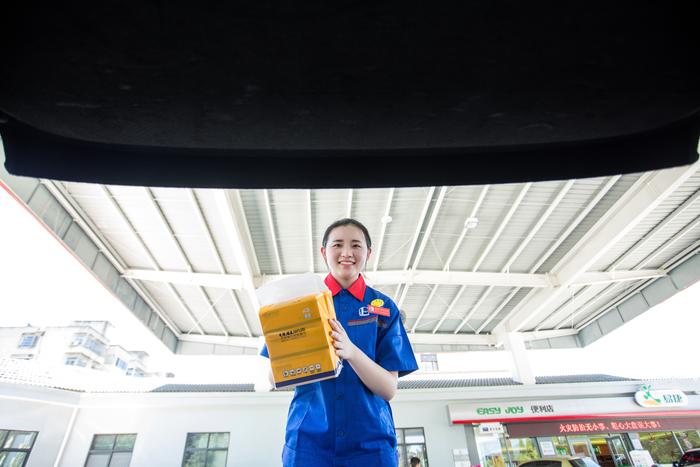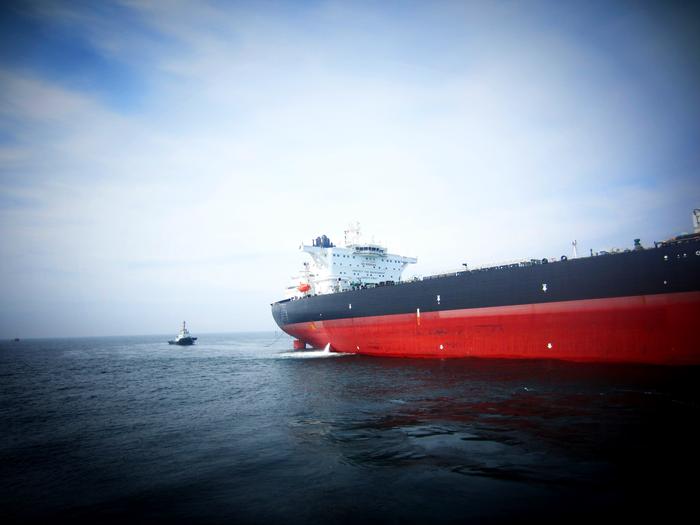|
| 2020-11-19 来源: 中国石化新闻网 |
| 石化新闻 |
中国石化新闻网讯 据油气新闻11月15日消息称,咨询公司伍德·麦肯齐(Wood Mackenzie)表示,随着各国实施清洁空气政策,预计到2040年天然气需求将快速增长,这将需要2万亿美元(1.5万亿英镑)的资本来开发约2000亿桶石油当量的新天然气资源。 该公司在周四发布的一份白皮书中表示,未来20年,亚洲天然气需求将以年均近3%的速度增长,预计到2040年,中国和印度的天然气需求将翻一番,因为当前的低油价将推动天然气政策的发展。 WoodMac表示,这将需要约1.36万亿美元的资本投资,以实现已探明储量和尚未探明资源的投产,而拟议的液化天然气(LNG)项目则需要额外的0.6万亿美元的资本投资。 不过,该报告补充称,《巴黎协定》的目标是在本世纪末之前将全球平均气温升幅控制在2摄氏度以下,这可能会导致天然气需求更早达到顶峰,并“大大改变这一前景”。 WoodMac表示,随着全球投资者日益关注低碳项目,天然气市场的碳强度将受到密切关注。 尽管燃烧天然气产生能源所排放的二氧化碳少于煤炭,但气候科学家警告说,该行业的快速发展以及甲烷(一种强有力的温室气体)的泄漏,威胁到限制气候变化的进展。 亚洲液化天然气买家越来越多地要求提高碳排放的透明度,一些买家要求碳中性的交付。 WoodMac分析师表示:“未来的立法和项目融资可能会要求所有液化天然气货物提供与生产和交付相关的排放的详细信息。” 曹海斌 摘译自 油气新闻 原文如下: Rising gas demand through 2040 needs $2 trillion in capital – Woodmac Rapid gas demand growth expected through 2040 as countries implement clean air policies will require capital of $2 trillion (£1.5 trillion) to develop about 200 billion barrels of oil equivalent of new gas resources, consultancy Wood Mackenzie said. Asia’s gas demand is growing by an average of nearly 3% a year over the next two decades with gas demand expected to double in China and India by 2040, as current low prices boost pro-gas policies, the company said in a white paper released on Thursday. This in turn will need about $1.36 trillion of capital investment to bring both discovered reserves and yet-to-find resources on-stream with proposed liquefied natural gas (LNG) projects requiring another $0.6 trillion, WoodMac said. However, a Paris Agreement goal of limiting a rise in average world temperatures to well below 2 degrees Celsius before the end of the century, could see gas demand peaking earlier and “dramatically alter this outlook”, it added. As investors globally increasingly focus on low-carbon projects, the gas market’s carbon intensity will come under scrutiny, WoodMac said. Though burning natural gas emits less planet-warming carbon dioxide than coal per unit of energy produced, climate scientists have warned that the industry’s rapid growth as well as leaks of methane – a potent greenhouse gas – threaten progress in limiting climate change. LNG buyers in Asia are increasingly asking for more transparency on carbon emissions with some requesting for carbon-neutral deliveries. “Future legislation and project finance will likely require that all LNG cargoes come with detailed information about the emissions associated with their production and delivery,” the WoodMac analysts said. |








